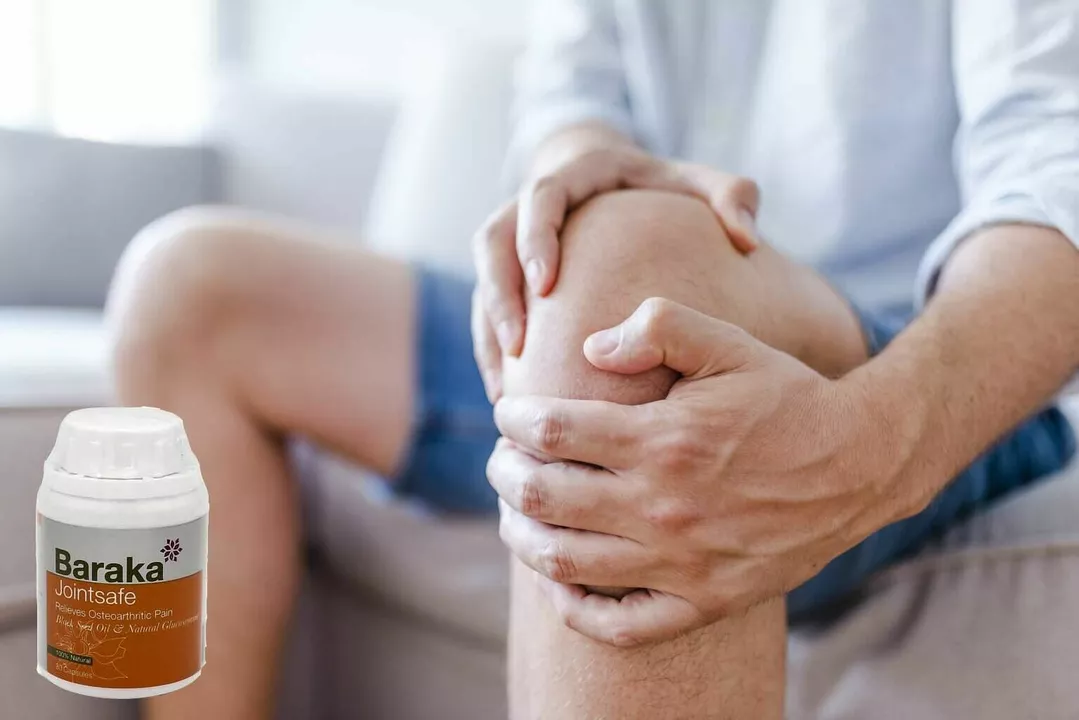How to Reduce Inflammation Without a Prescription
If you’re constantly battling aches, swelling or joint stiffness, the first thing to ask is: can I calm this down without a doctor’s script? The good news is yes – there are plenty of over‑the‑counter (OTC) choices and simple lifestyle tweaks that work fast. Below we break down what really helps, how to use it safely, and why some popular options might be better for you.
OTC Anti‑Inflammatory Basics
Most people reach for ibuprofen or naproxen first. These non‑steroidal anti‑inflammatory drugs (NSAIDs) block the chemicals that cause pain and swelling. For short bursts – like a sore muscle after a workout – 200‑400 mg of ibuprofen every 4–6 hours is enough. Remember: take them with food, stay under 10 days without a doctor’s nod, and avoid if you have stomach ulcers or kidney issues.
Acetaminophen won’t reduce swelling, but it can ease the pain side‑by‑side with an NSAID if stomach irritation is a concern. Use the lowest effective dose and never mix multiple acetaminophen products.
Natural & Dietary Helpers
Food can be your first line of defense. Omega‑3 fatty acids from fish oil, walnuts or flaxseed have proven anti‑inflammatory effects – aim for a tablespoon of fish oil or a handful of nuts daily. Turmeric’s active compound curcumin works best when paired with black pepper; a simple 500 mg supplement taken with meals can calm joint pain.
Spice up your meals with ginger, garlic and cayenne. They contain bioactive compounds that lower inflammatory markers. Even a cup of green tea each day adds catechins that support the same goal.
Lifestyle Moves That Make a Difference
Regular movement beats sitting still. Low‑impact activities like walking, swimming or cycling keep joints lubricated and reduce chronic inflammation. Aim for 30 minutes most days – you’ll notice less stiffness within weeks.
Stress fuels inflammation via cortisol spikes. Try short breathing exercises, a quick meditation app, or just stepping outside for fresh air when you feel tense. Sleep matters too: 7‑9 hours of solid rest helps your body repair and keep inflammatory hormones in check.
When to Choose Alternatives to Prednisone
Prednisone is powerful but brings a laundry list of side effects if used long term. For many, OTC NSAIDs combined with the natural strategies above are enough. If you need stronger relief, talk to a pharmacist about short‑term corticosteroid bursts or prescription alternatives like DMARDs for specific conditions.
Always check with a healthcare provider before mixing supplements with medications – fish oil can thin blood, and high doses of turmeric may affect blood clotting.
Quick Checklist for Everyday Inflammation Control
- Take ibuprofen 200‑400 mg with food, no more than three days in a row without advice.
- Add omega‑3s (fish oil or walnuts) and a daily turmeric supplement.
- Move for at least 30 minutes most days – walking counts!
- Practice stress‑busting habits: deep breaths, short walks, or a favorite hobby.
- Prioritize 7‑9 hours of sleep each night.
These steps give you a solid toolkit to fight inflammation without relying on prescription steroids. Start with one change at a time, track how you feel, and adjust as needed. You’ll likely notice less pain, better mobility, and more energy – all without the hassle of a doctor’s visit.

How to Manage Swelling in the Elderly Population
- by Colin Edward Egan
- on 6 May 2023
As a blogger focusing on the elderly population, I've discovered some essential tips on how to manage swelling in seniors. The key is maintaining a healthy lifestyle, which includes regular exercise, proper nutrition, and staying hydrated. Additionally, wearing compression stockings and elevating the feet can help reduce swelling. Lastly, it's crucial to consult with a healthcare professional for personalized advice and to rule out any serious underlying conditions. Managing swelling in the elderly is crucial to ensuring their overall health and well-being.
